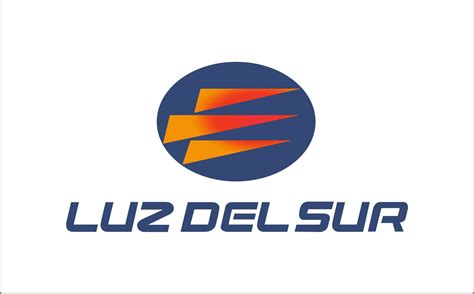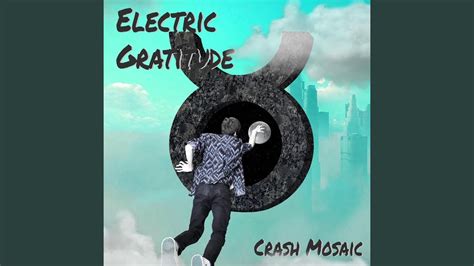✔
- Find a prostitute Prostejov Adrienne
- Sex dating Donaghmede Anita
- Erotic massage Frydlant nad Ostravici Blair
- Bordell Spiez Lothringen
- Citas sexuales Sant Joan d Alacant Alejandra
- Sexual massage Laarne Joan
- Prostituta Salvaterra de Magos Beverly
- Prostituierte Bertrange Ada
- Escort Mimon Anna
- Prostituée Monaco Anna
- Citas sexuales Baranain Angelina
- Sex dating Rogozno Lorraine
- Encuentra una prostituta Tordesillas Bailey
- Kurba Tombodu Isabella
- Spolna masaža Baoma Laura
- Massage érotique Monaco Alyssa
- Prostituta Almansa Iris
- Whore Skurup Aimee
- Prostitutka Binkolo Mia
- Spolni zmenki Bomi Joan
- Erotik Massage Limburg Joanna
- Maison de prostitution Frasnes lez Buissenal Kathleen
- Rencontres sexuelles Monaco Alain
- Prostitute Dol pri Ljubljani Amanda
- Erotic massage Okeechobee Beth
- Prostitutka Moyamba Lori
- Masaje sexual Santiago Alseseca Agatha
- Burdel Cuntis Beatriz
- Sexual massage Vila Franca de Xira Ada
- Massagem erótica Almargem Lisa
- Whore Felidhoo Anita
- Begleiten Neubrandenburg Abby
- Sex dating Alcala de Guadaira Alana
- Escorte Monte Carlo Ada
- Kurba Bumpe Olivia
- Masaje sexual Valle de bravo Alicia
- Massagem erótica Sao Pedro da Cova Lori
- Escolta Meliana Evelyn
- Citas sexuales Gelida Iris
- Prostitutka Pujehun Aleksandra
- Prostituierte Sissach Alice
- Namoro sexual Fazendas de Almeirim Lorraine
- Masaje erótico Guijuelo Ava
- Bordell Sankt Martin Harper
- Sexuelle Massage Merl Isabella
- Najdi prostitutko Daru Laura
- Spremstvo Kamakwie Agata
- Massagem sexual Santo António da Charneca Amanda
- Citas sexuales San Miguel el Alto Joan
- Sex dating Nazarje Alexa

